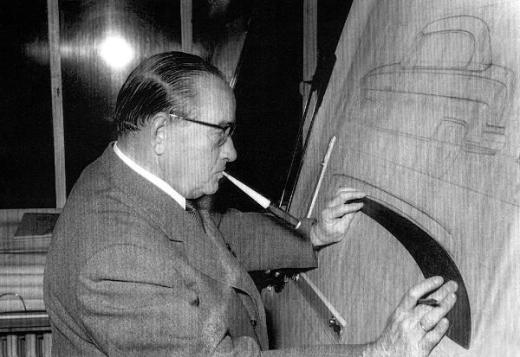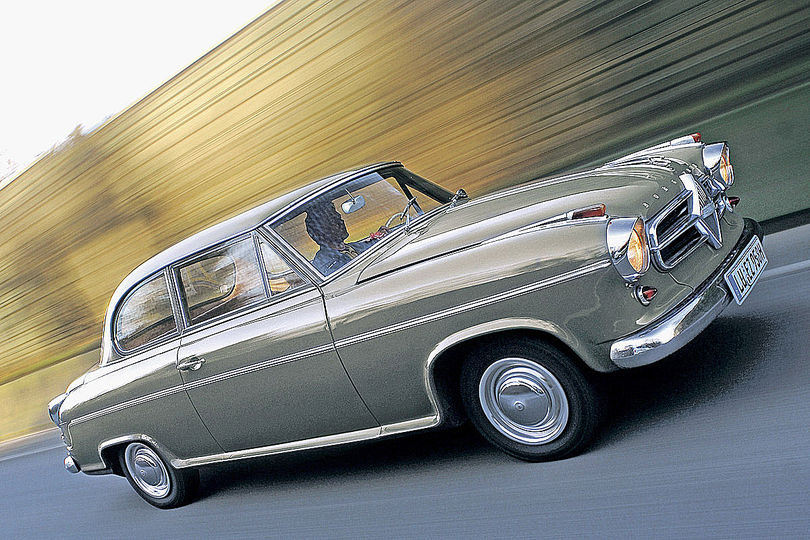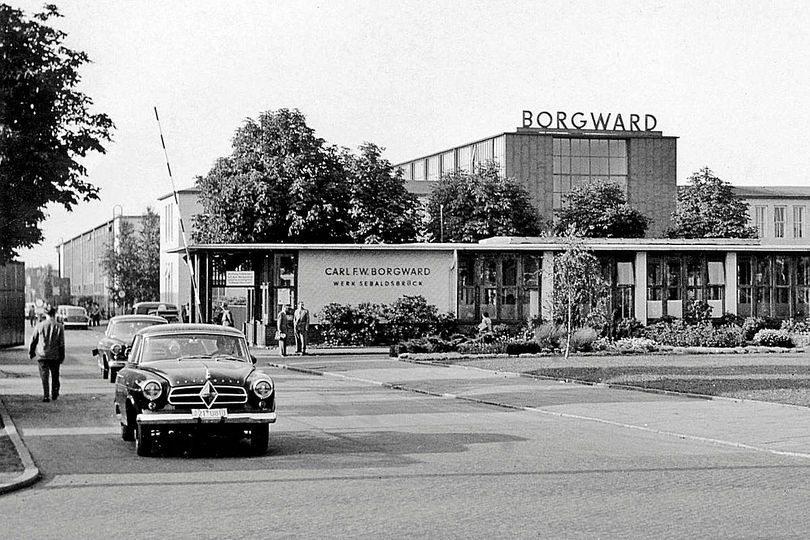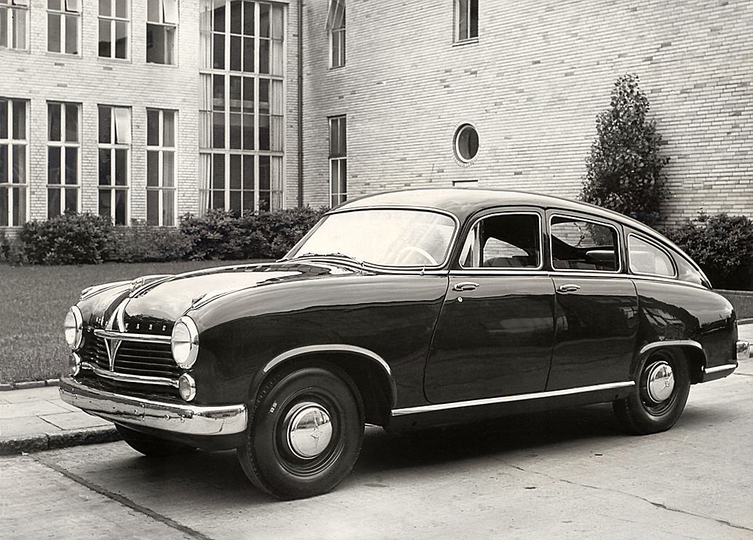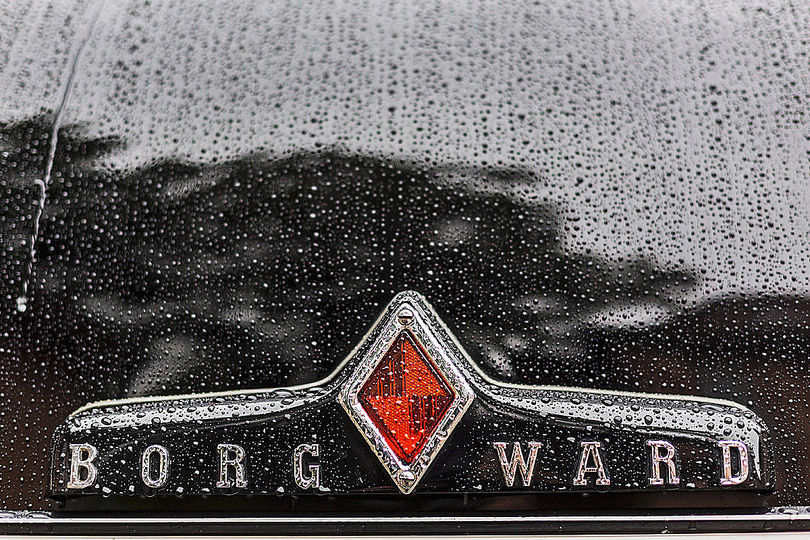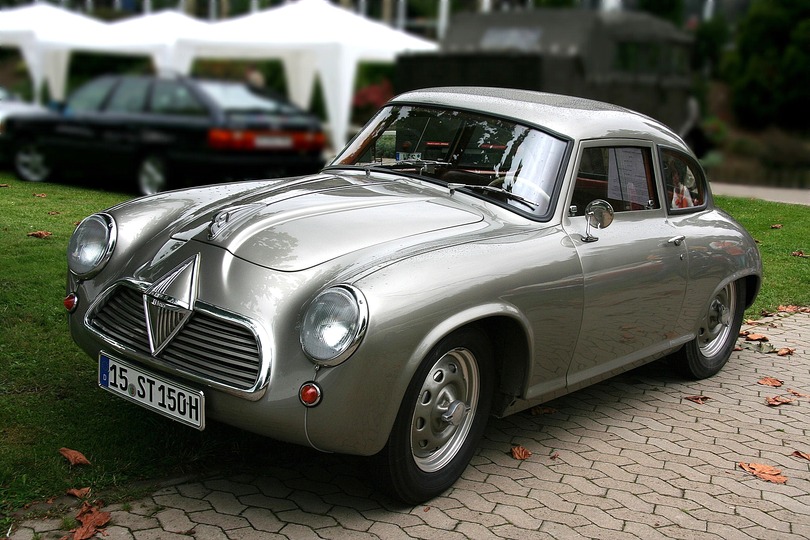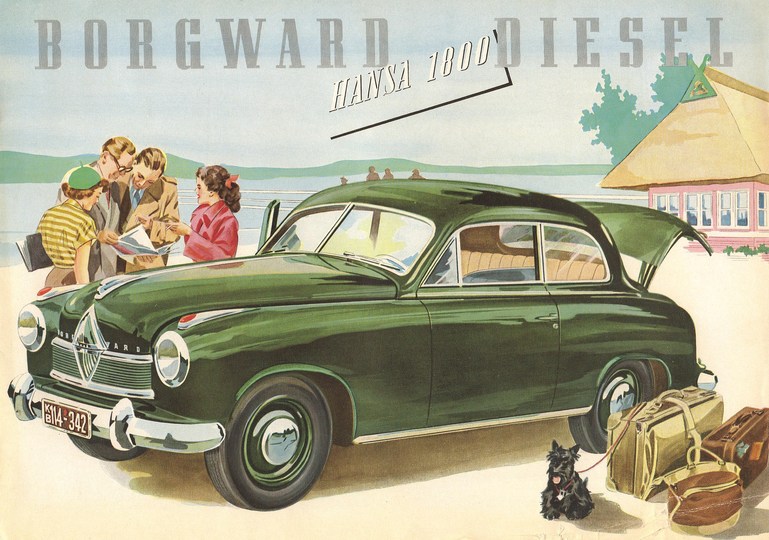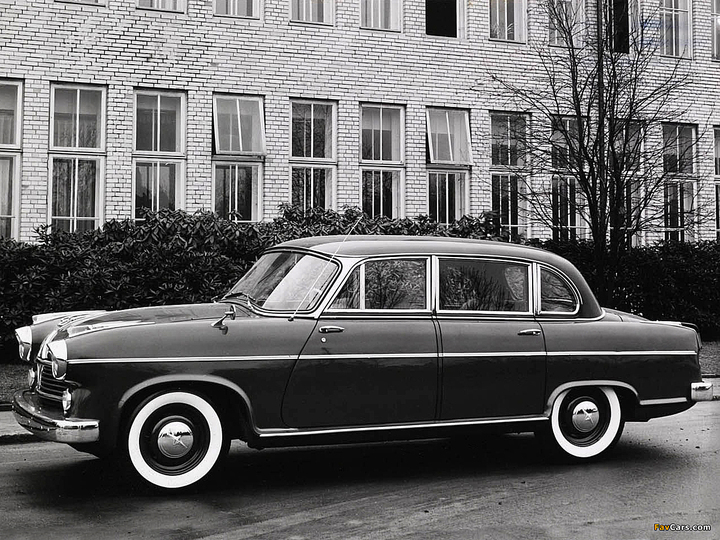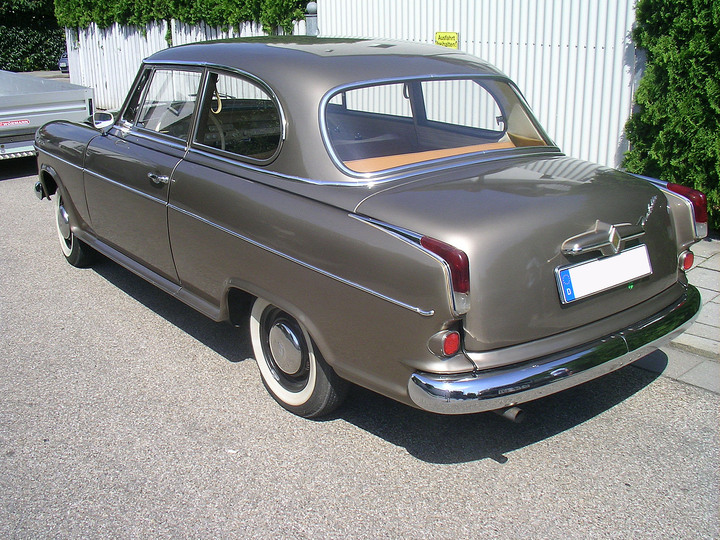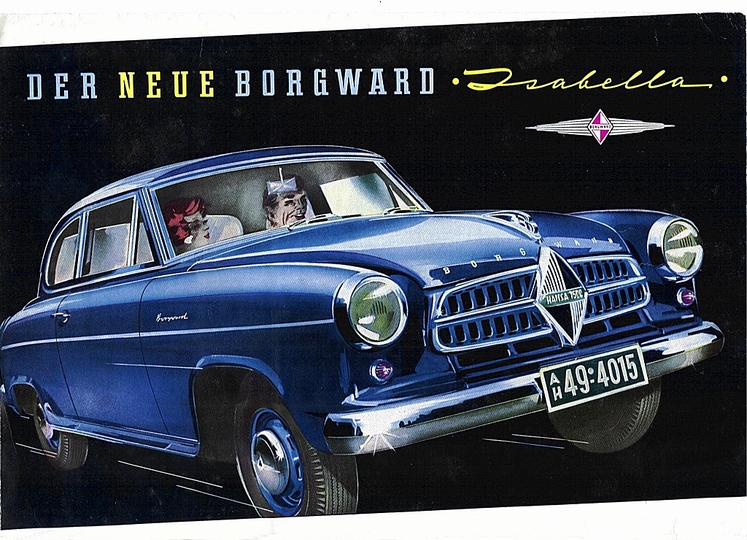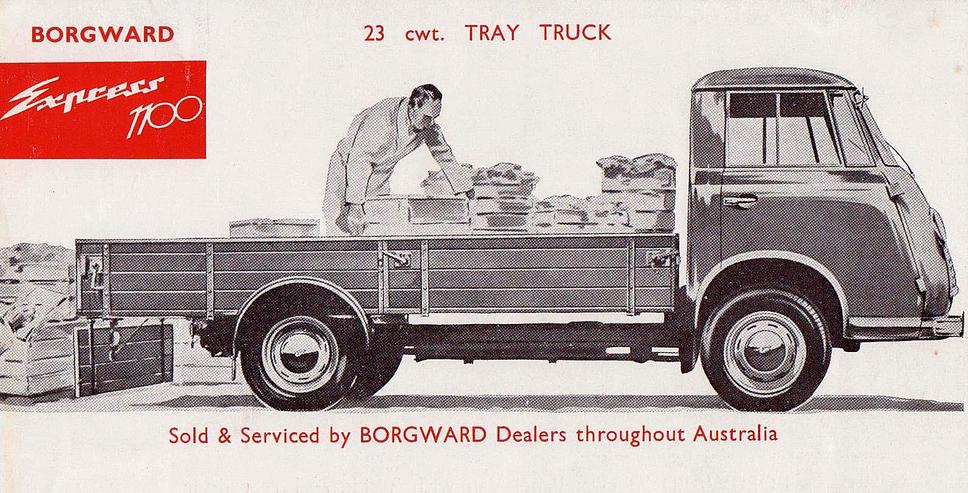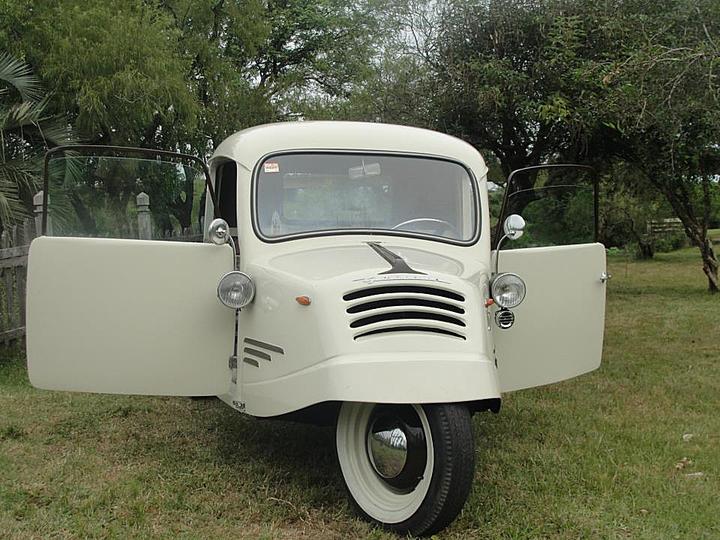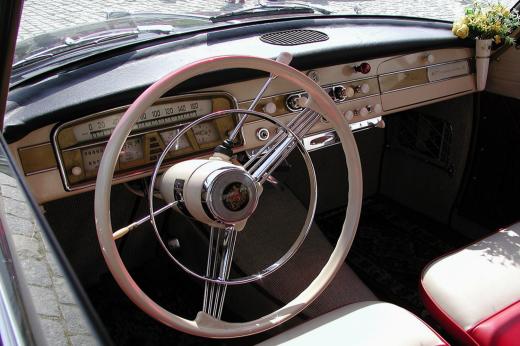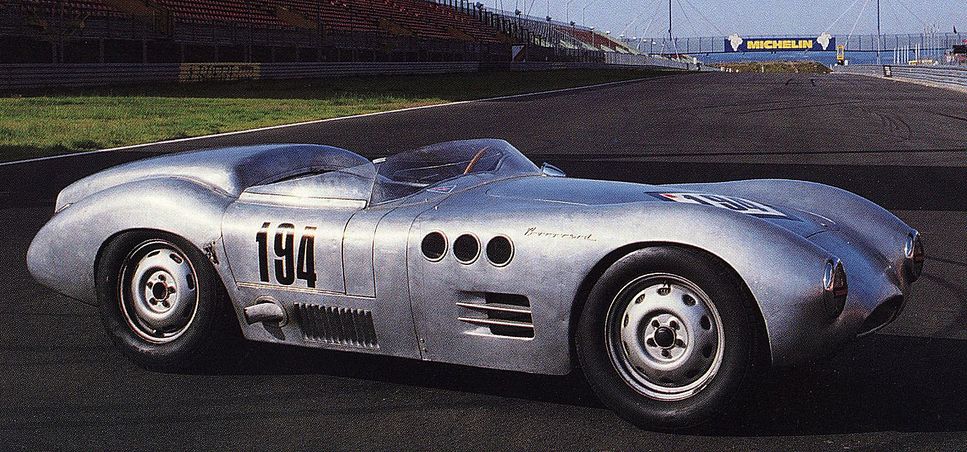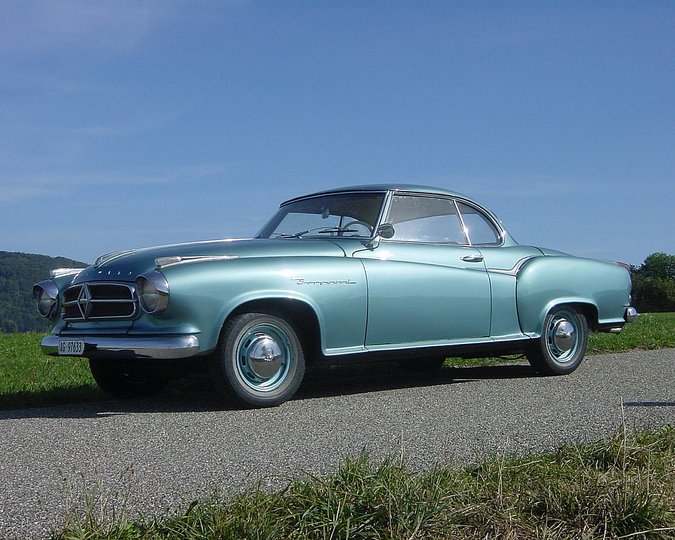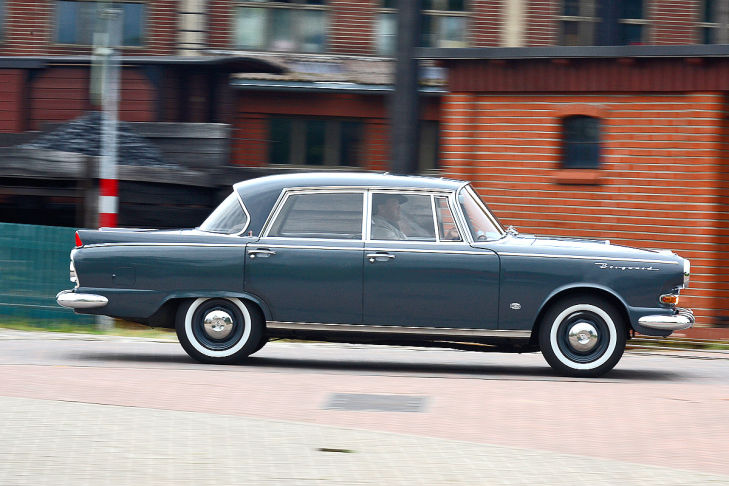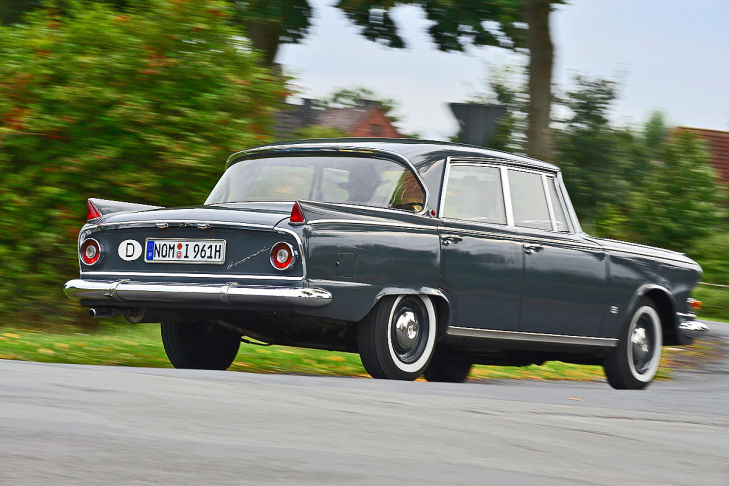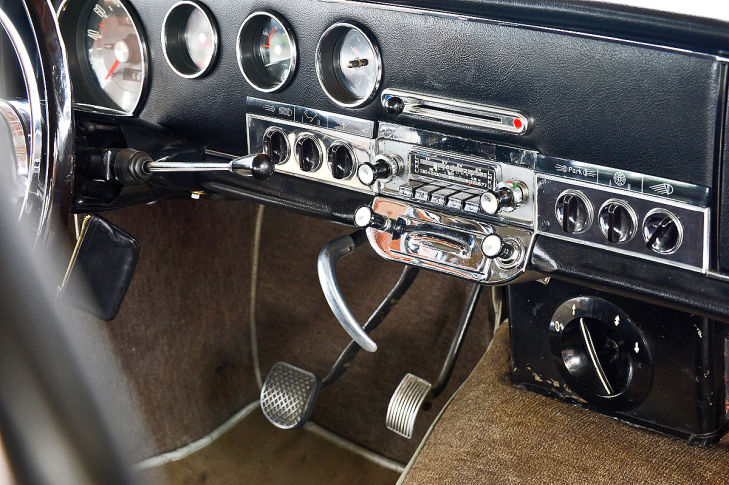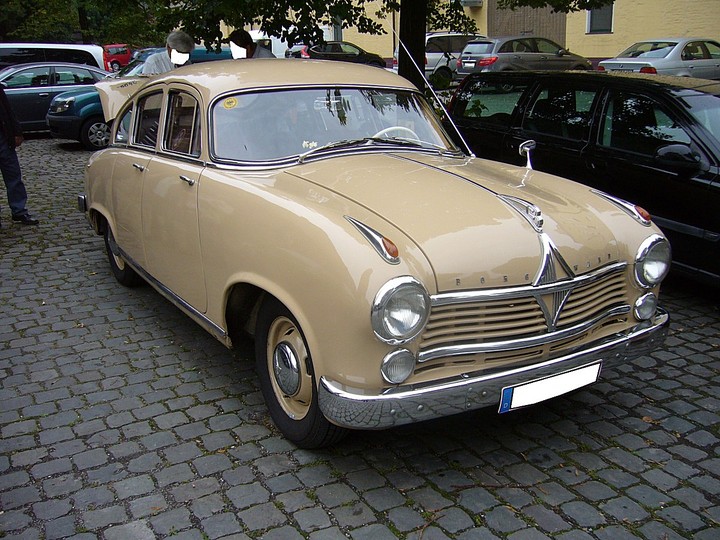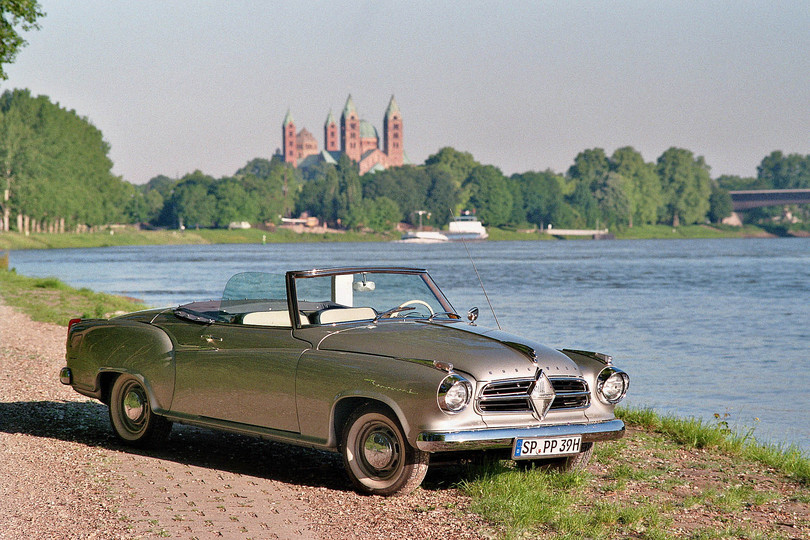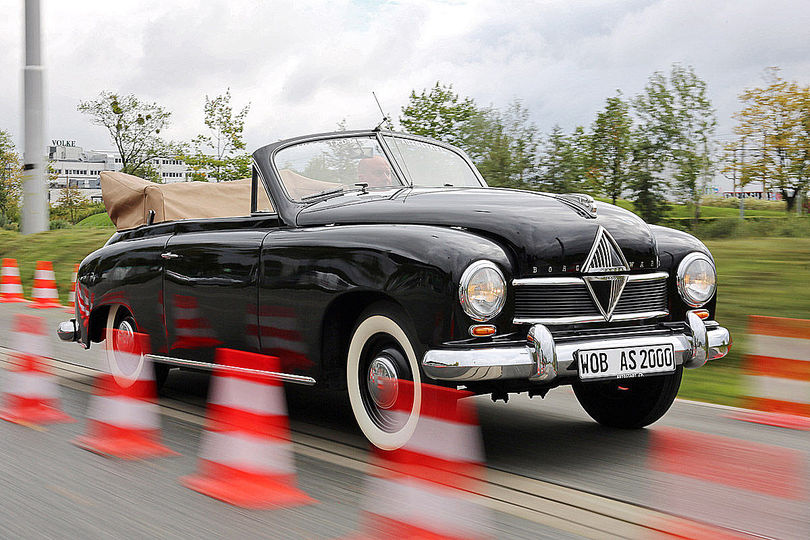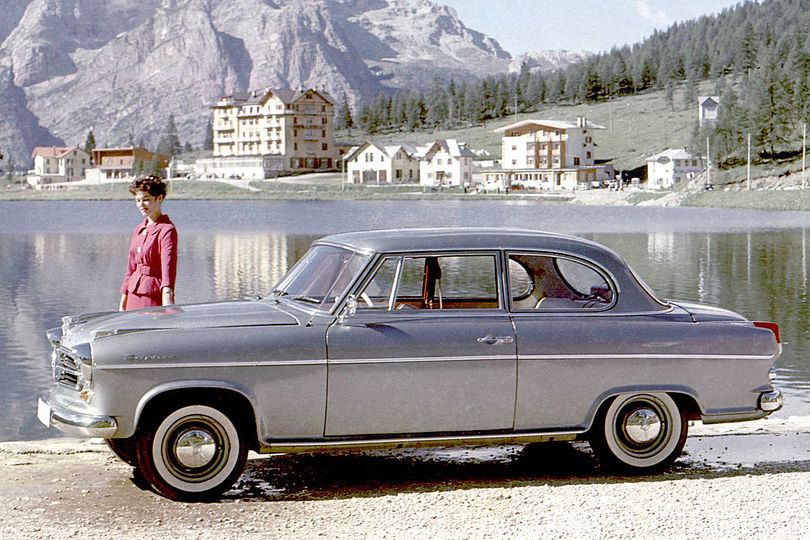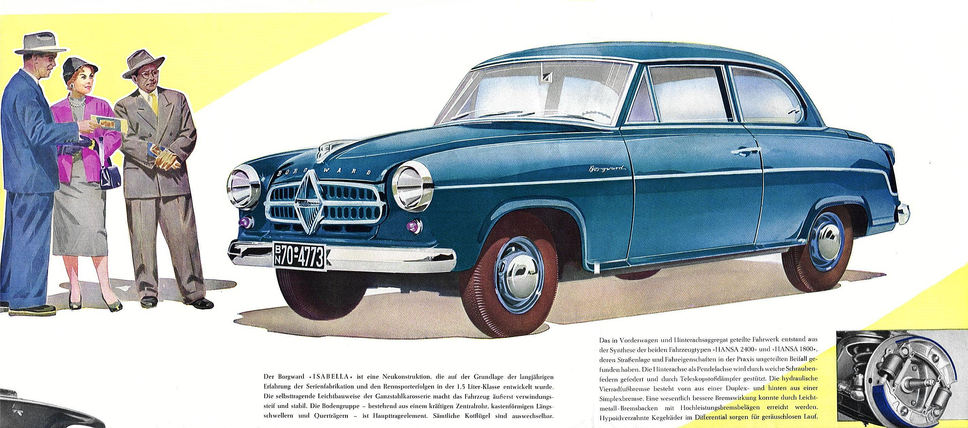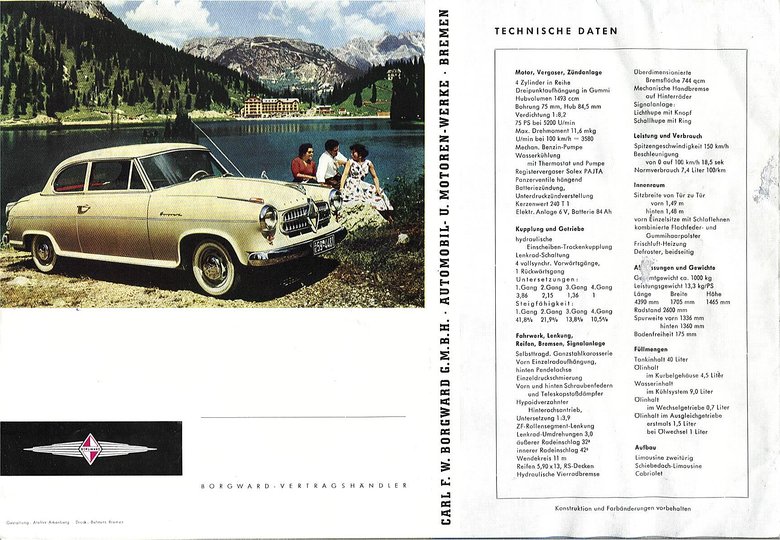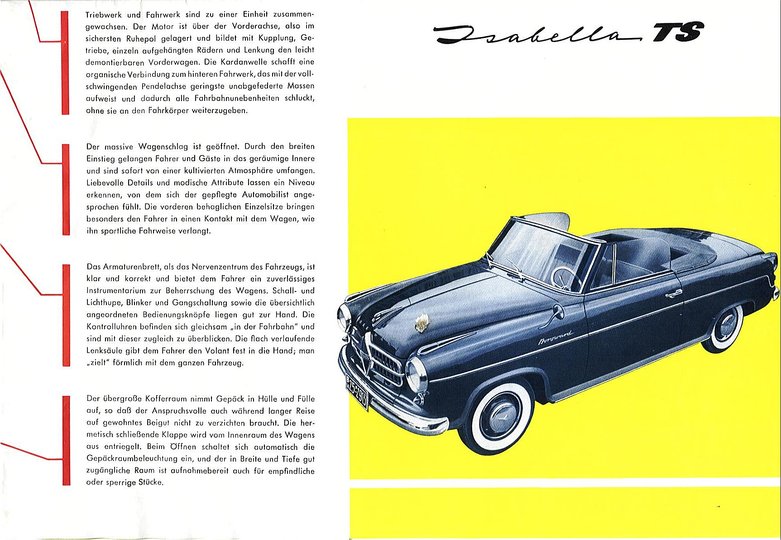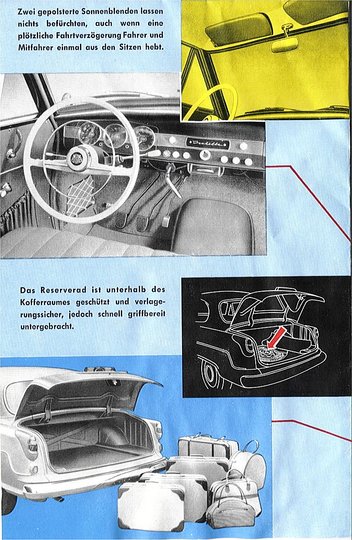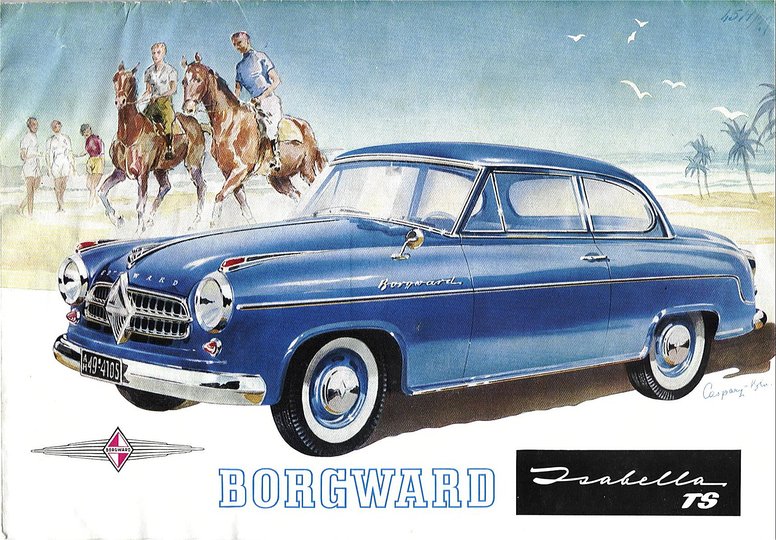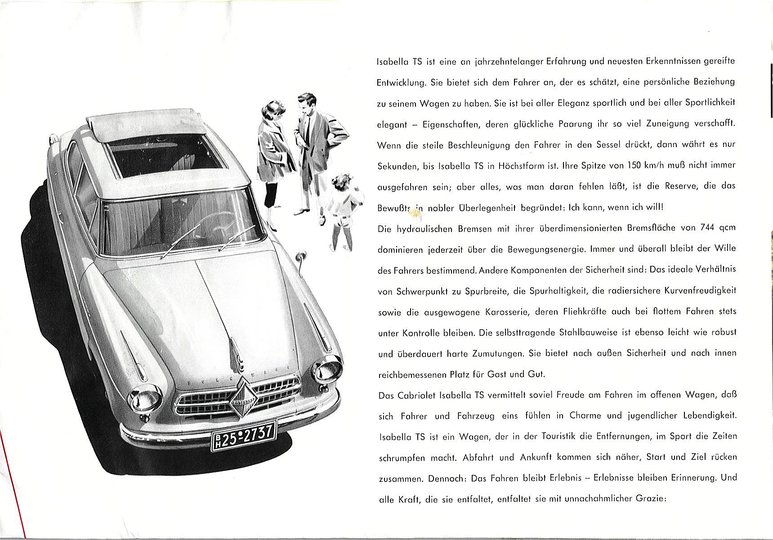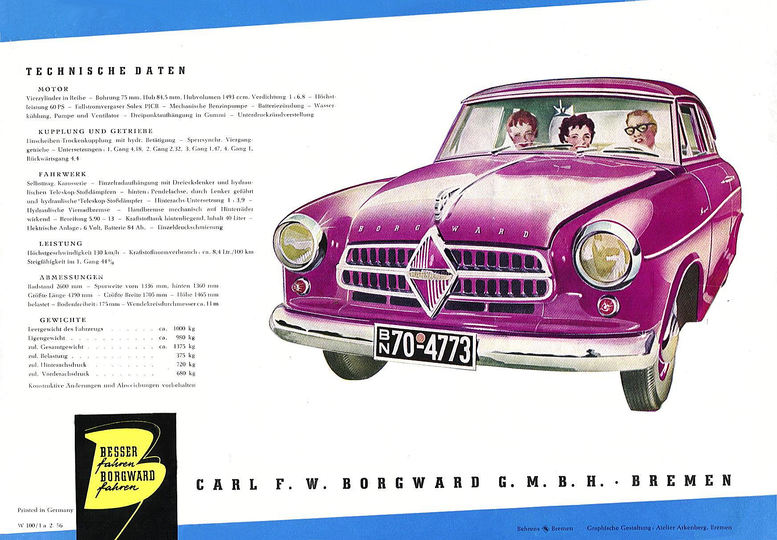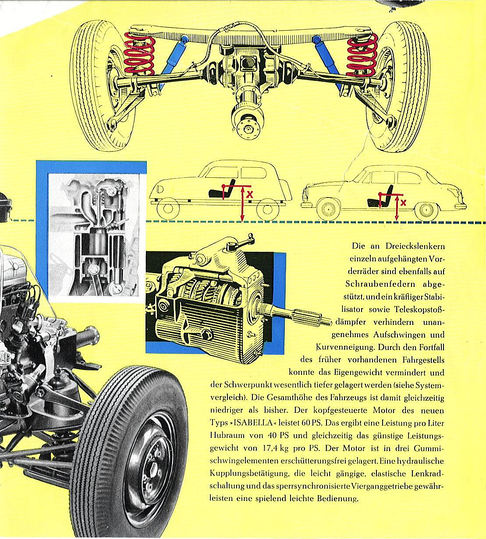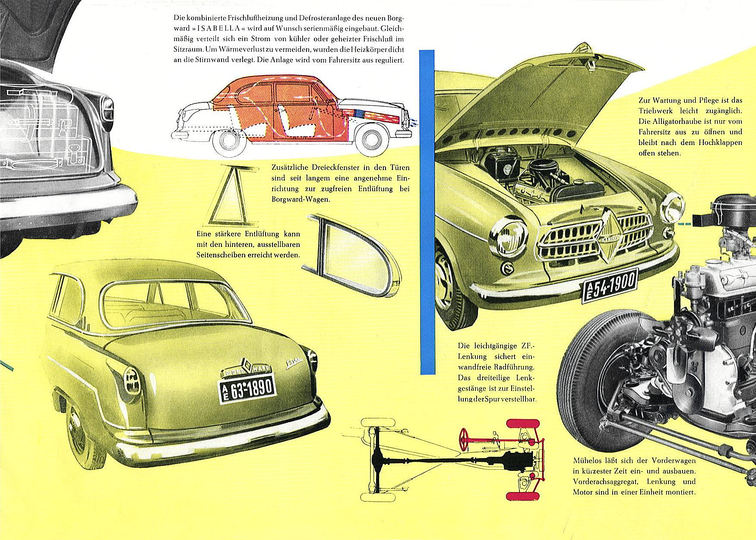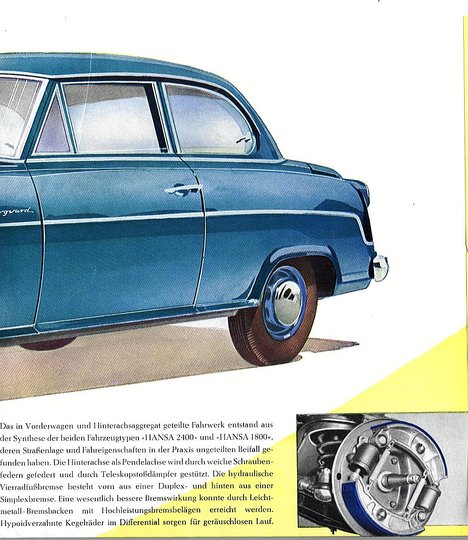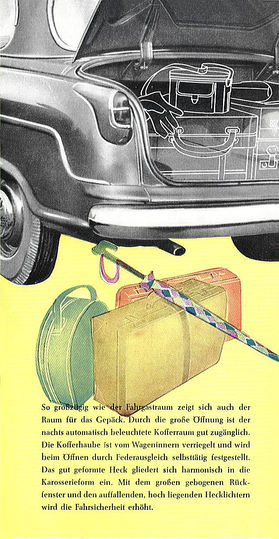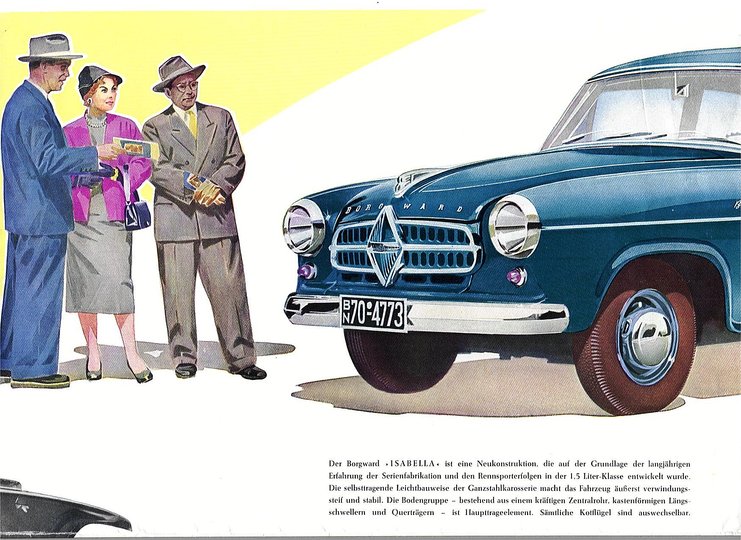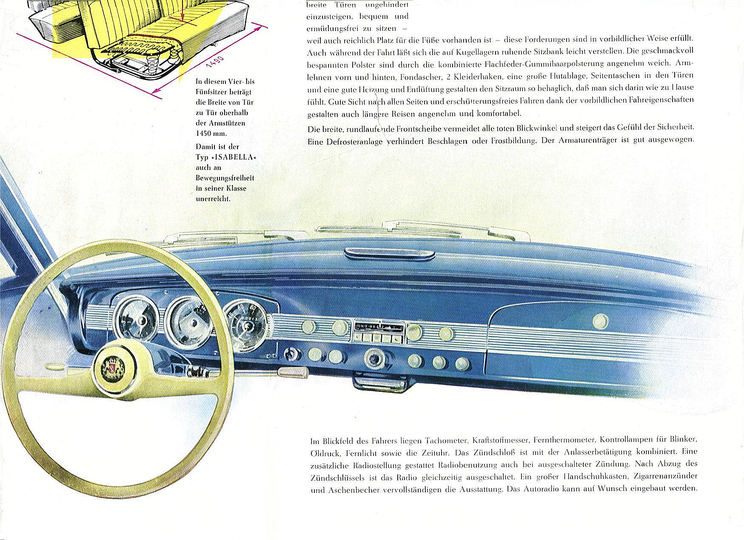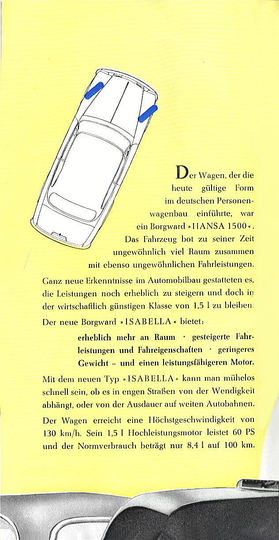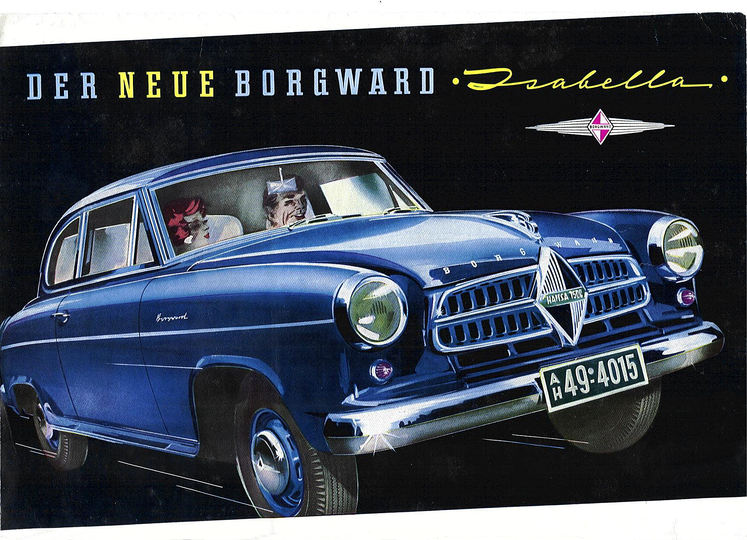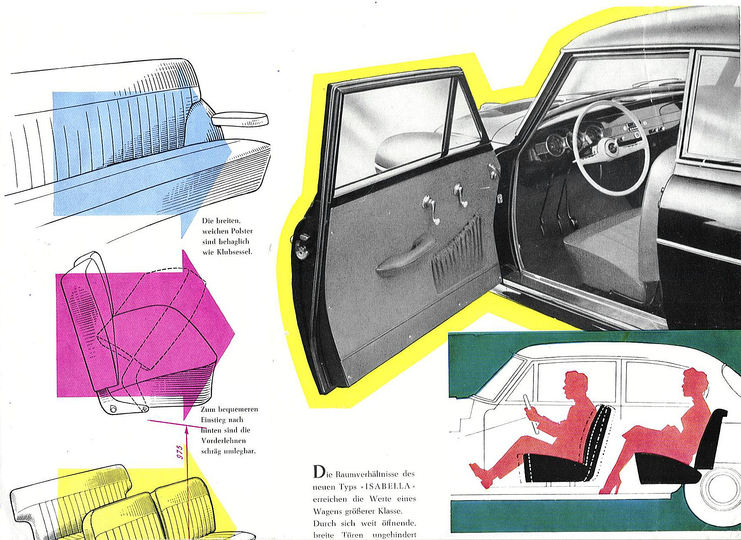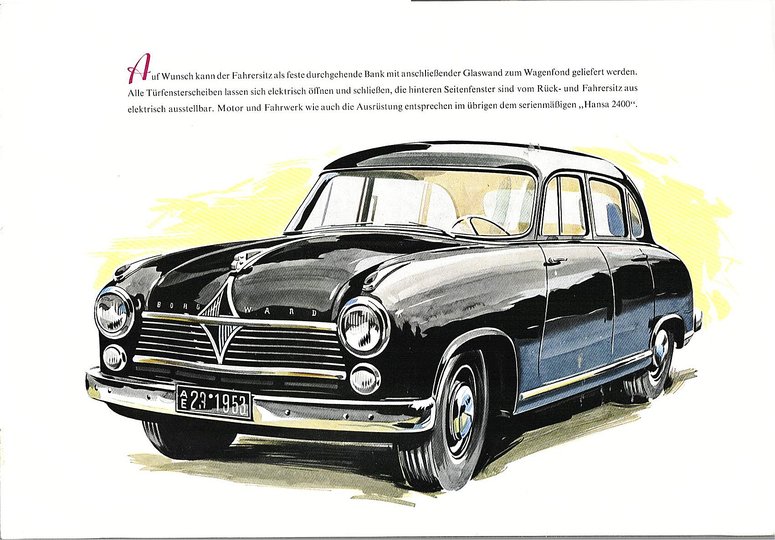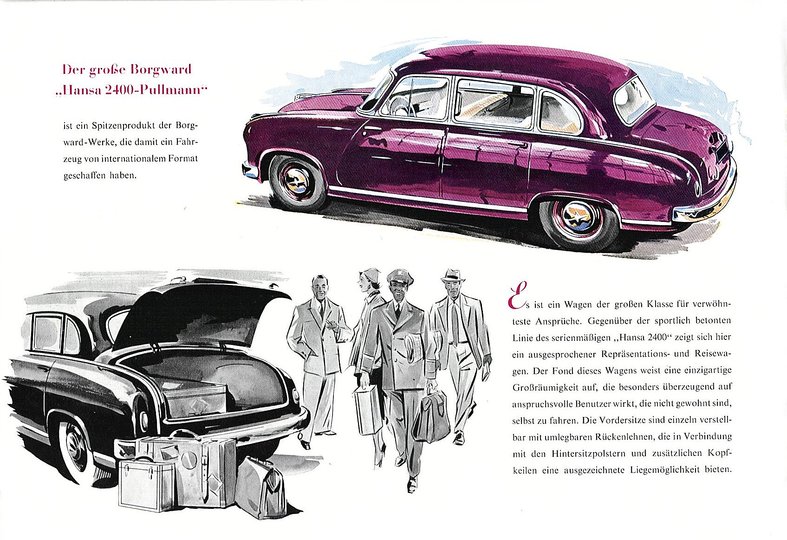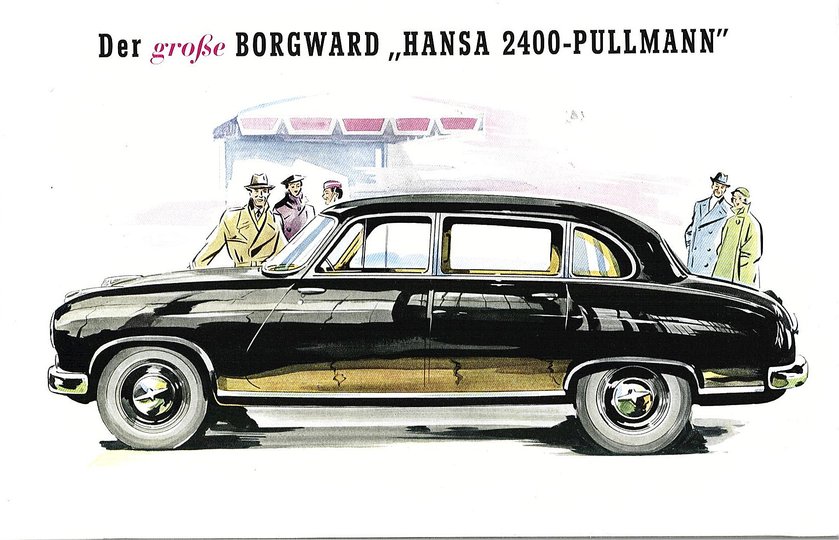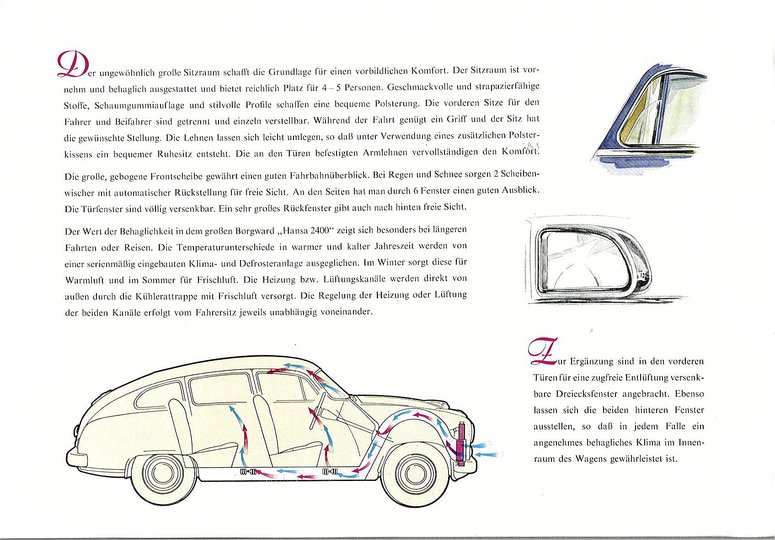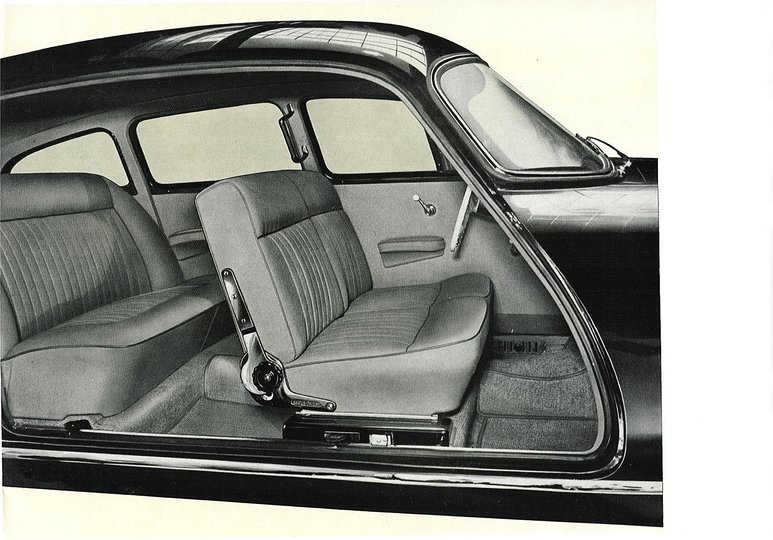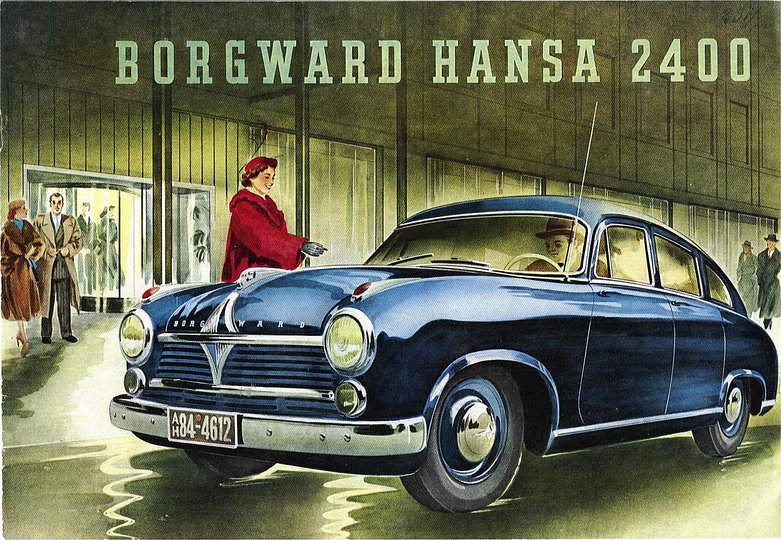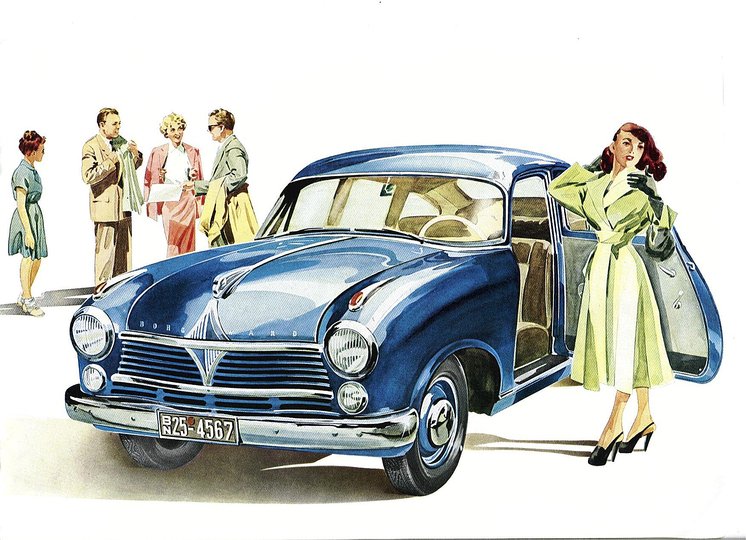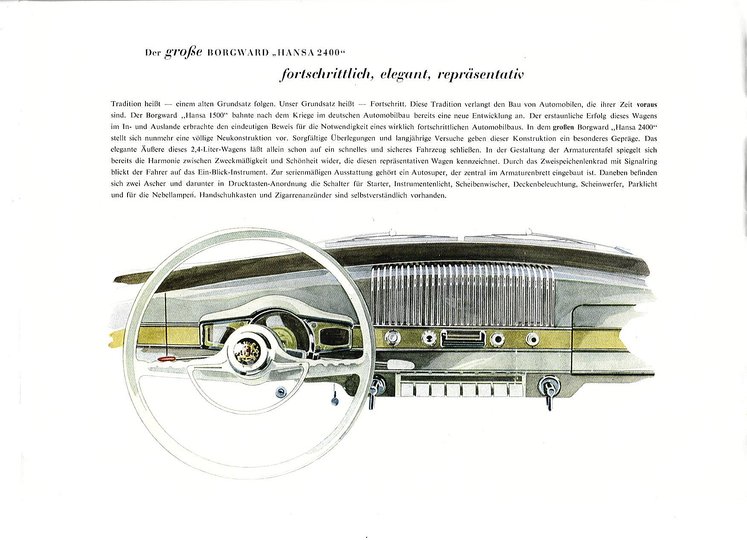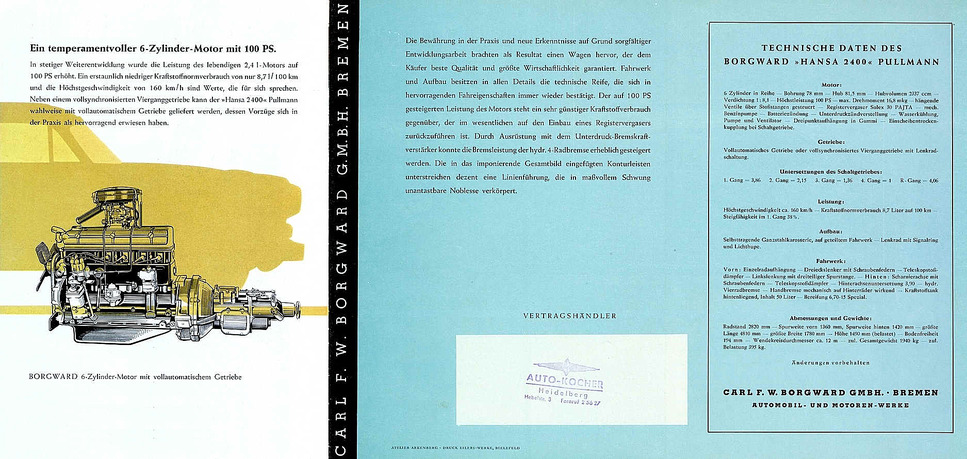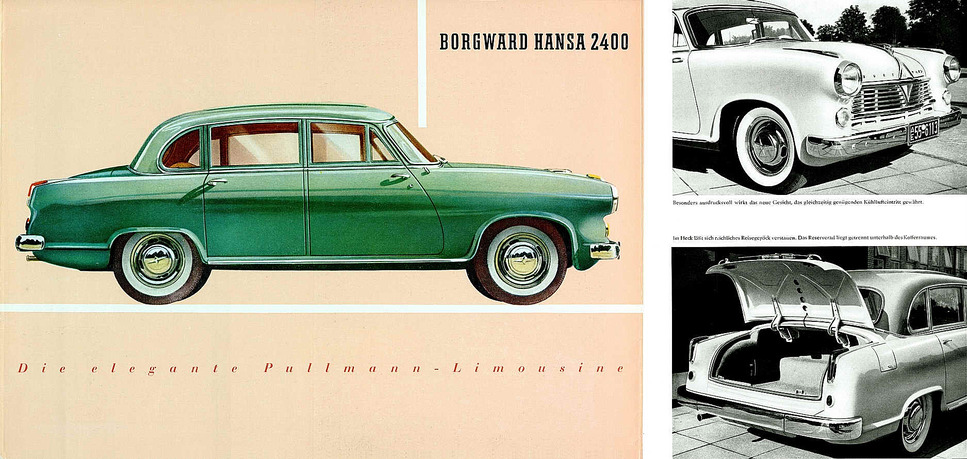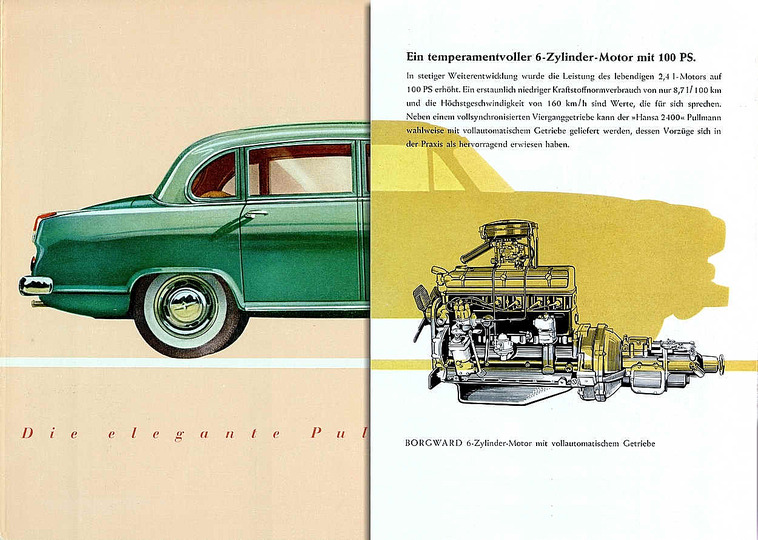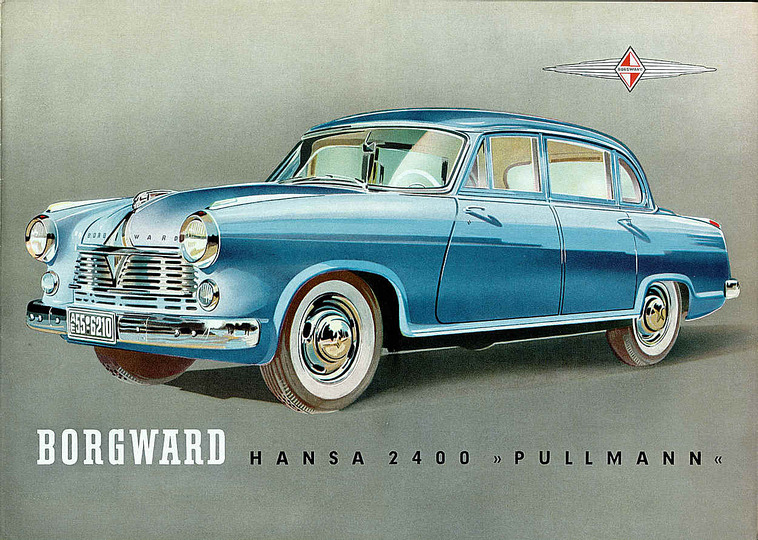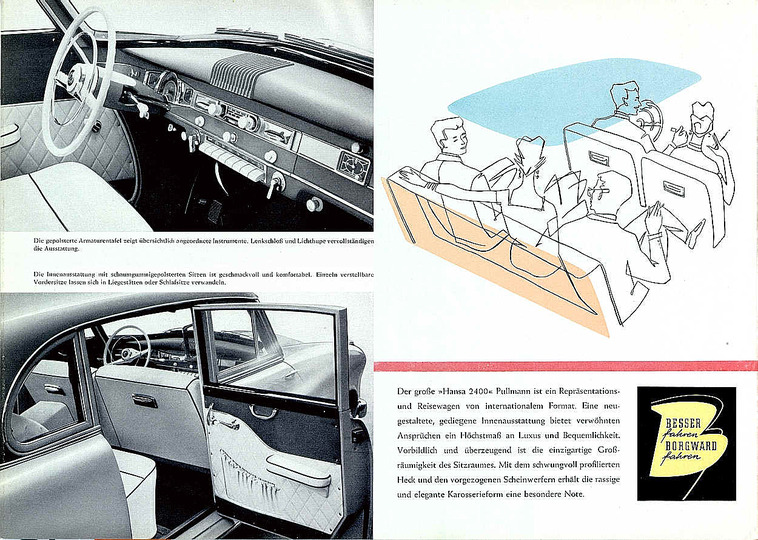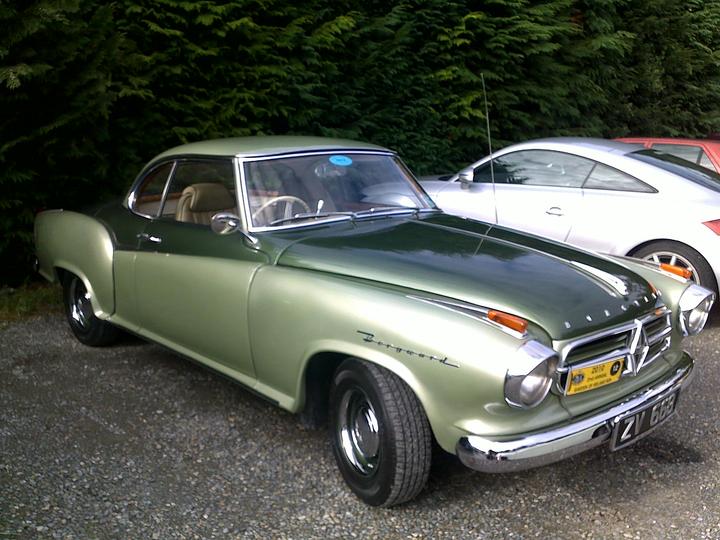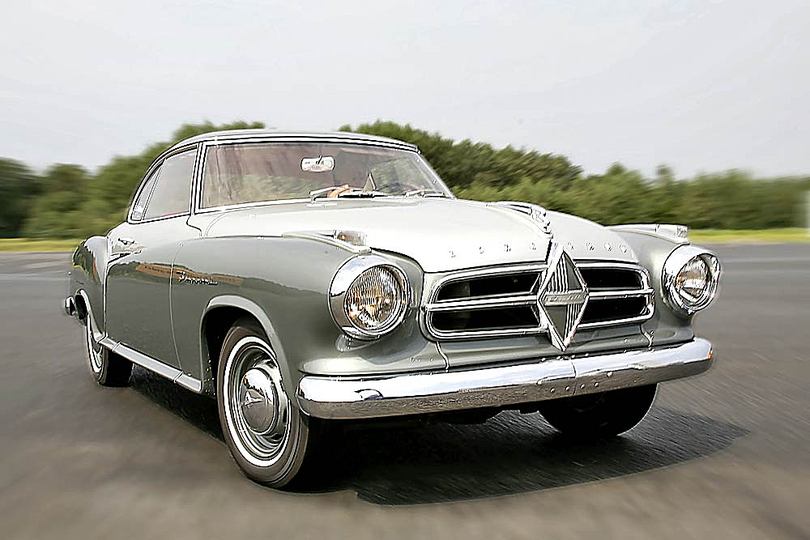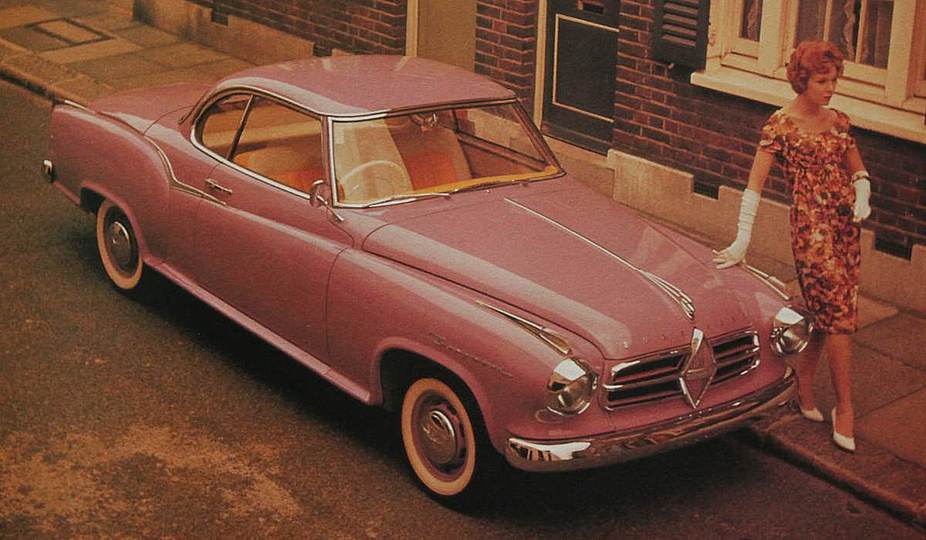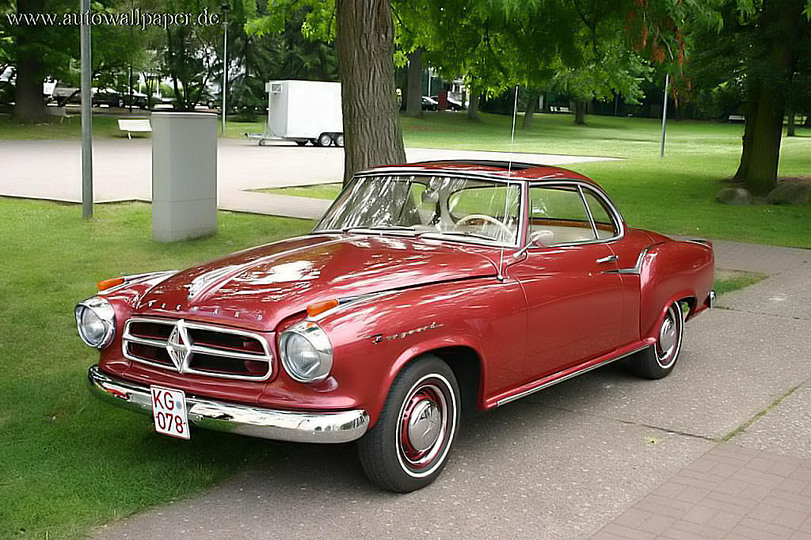Borgward: The Steve Jobs of German cars
The Borgward Group was founded in 1919 by Carl Friedrich Wilhelm Borgward. Borgward produced a wide range of vehicles and engines under the brands Borgward, Goliath and Lloyd.
In its heydays, Borgward was the fourth largest German car manufacturer after VW, Ford and Opel. The Borgward Isabella was sold 220.000 times in 130 countries. The low priced 10 horsepower Lloyd LP 300, also lovingly called "Leukoplastbomber", was the first proper German small car after WWII. It had normed prizes for replacement parts and repairs - a replacement motor came for 98 Mark - and sold 350.000 times. Between 1929 and 1961, the Borgward Group produced over one million vehicles in its factory in Bremen, Germany.
Carl Borgward was the Steve Jobs of the automotive world: More than a mere administrator, he decided on the design of all models himself. He was an experimenter and innovator, building, among others, helicopters and the working prototype of a revolutionary 260 km fast car with only 600 kilograms.
Borgward was a learned locksmith who built his first running toy car at the age of ten from parts of a watch. For each Borgward model, he produced his own sketches and worked with clay to decide on the design of his cars. His method was to build cars from the inside out. He explained in his typical jovial tone: "First come the guts, that is, the engine and transmission, and one must of course know if this will become a six- seater or four-seater. I build from the inside out. You won't believe what must go in there. It is like with a goat, she looks small from the outside, but when you cut it open, you realize how much is in there."
In 1960, Borgward was the last independent German car manufacturer, but the overhead produced by keeping the brands Borgward, Goliath and Lloyd as independent entities, combined with a drop in sales in the US, got him into financial trouble. In the same year he refused a 200 million German Mark buying offer by the Chrysler corporation. In 1961, Borgward had to give his company to the state of Bremen, where it was administered badly. The factory finally closed in 1961.
In its heydays, Borgward was the fourth largest German car manufacturer after VW, Ford and Opel. The Borgward Isabella was sold 220.000 times in 130 countries. The low priced 10 horsepower Lloyd LP 300, also lovingly called "Leukoplastbomber", was the first proper German small car after WWII. It had normed prizes for replacement parts and repairs - a replacement motor came for 98 Mark - and sold 350.000 times. Between 1929 and 1961, the Borgward Group produced over one million vehicles in its factory in Bremen, Germany.
Carl Borgward was the Steve Jobs of the automotive world: More than a mere administrator, he decided on the design of all models himself. He was an experimenter and innovator, building, among others, helicopters and the working prototype of a revolutionary 260 km fast car with only 600 kilograms.
Borgward was a learned locksmith who built his first running toy car at the age of ten from parts of a watch. For each Borgward model, he produced his own sketches and worked with clay to decide on the design of his cars. His method was to build cars from the inside out. He explained in his typical jovial tone: "First come the guts, that is, the engine and transmission, and one must of course know if this will become a six- seater or four-seater. I build from the inside out. You won't believe what must go in there. It is like with a goat, she looks small from the outside, but when you cut it open, you realize how much is in there."
In 1960, Borgward was the last independent German car manufacturer, but the overhead produced by keeping the brands Borgward, Goliath and Lloyd as independent entities, combined with a drop in sales in the US, got him into financial trouble. In the same year he refused a 200 million German Mark buying offer by the Chrysler corporation. In 1961, Borgward had to give his company to the state of Bremen, where it was administered badly. The factory finally closed in 1961.
Magazines
